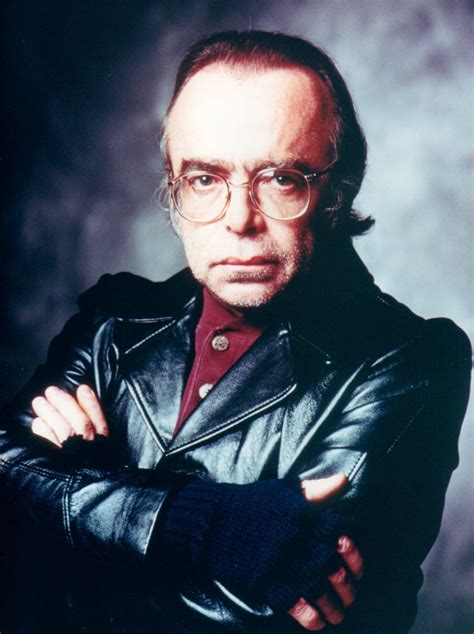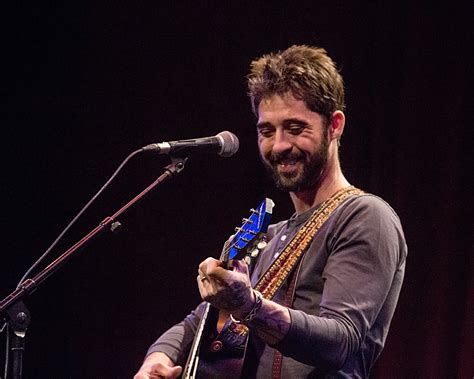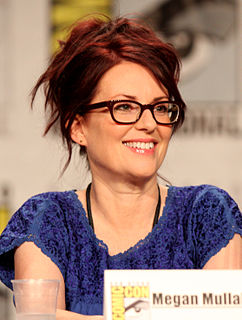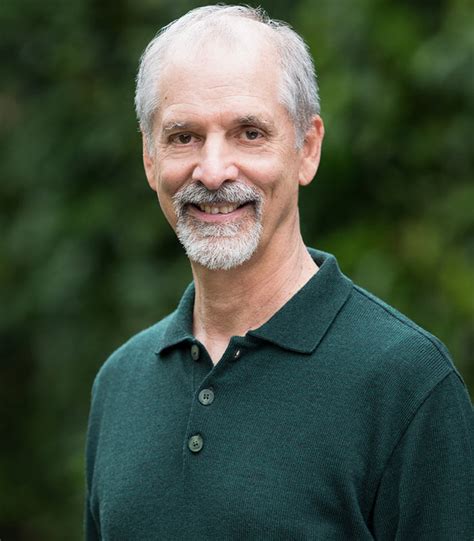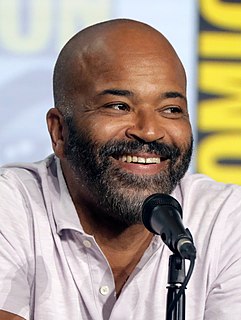A Quote by I. M. Pei
I came, I studied architecture in America, so my technical background's completely western. But my seventeen years, the formative years of one's life, and I can't say that the Chineseness in me is not there.
Related Quotes
Now they came back to him, on this night he was seventeen years old. All the years and places of his brief broken life came within mind's reach and made a whole again. He knew once more, at last, after this long, bitter, waisted time, who he was and where he was. But where he must go in the years to come, that he could not see; and he feared to see it.
My mom is American, so I was raised in her household in my formative years. But as I got older, my pops tried to keep me involved with the culture by telling me the stories of the conflict between Ethiopia and Eritrea, how he came to America, and about our family back home, because all that side of my family, my aunties, grandparents, is in Africa.
I didn't start really playing the guitar till I was about seventeen, and I never really had those formative years are where like I was in my room, figuring all that stuff out before I hit the stage. I just did all that on the road all at once, so all those years of playing roadhouses in bars and clubs, I was really figuring it out.
I studied Sanskrit for many years, and I've got all the coursework for my Ph.D. And a lot of what's going on in American Yoga is just made-up stuff. Smart people, even good people, Western therapists, Yoga therapists and other things, Western healthcare practitioners who love Asana and say, "Let's make up yoga therapy."






